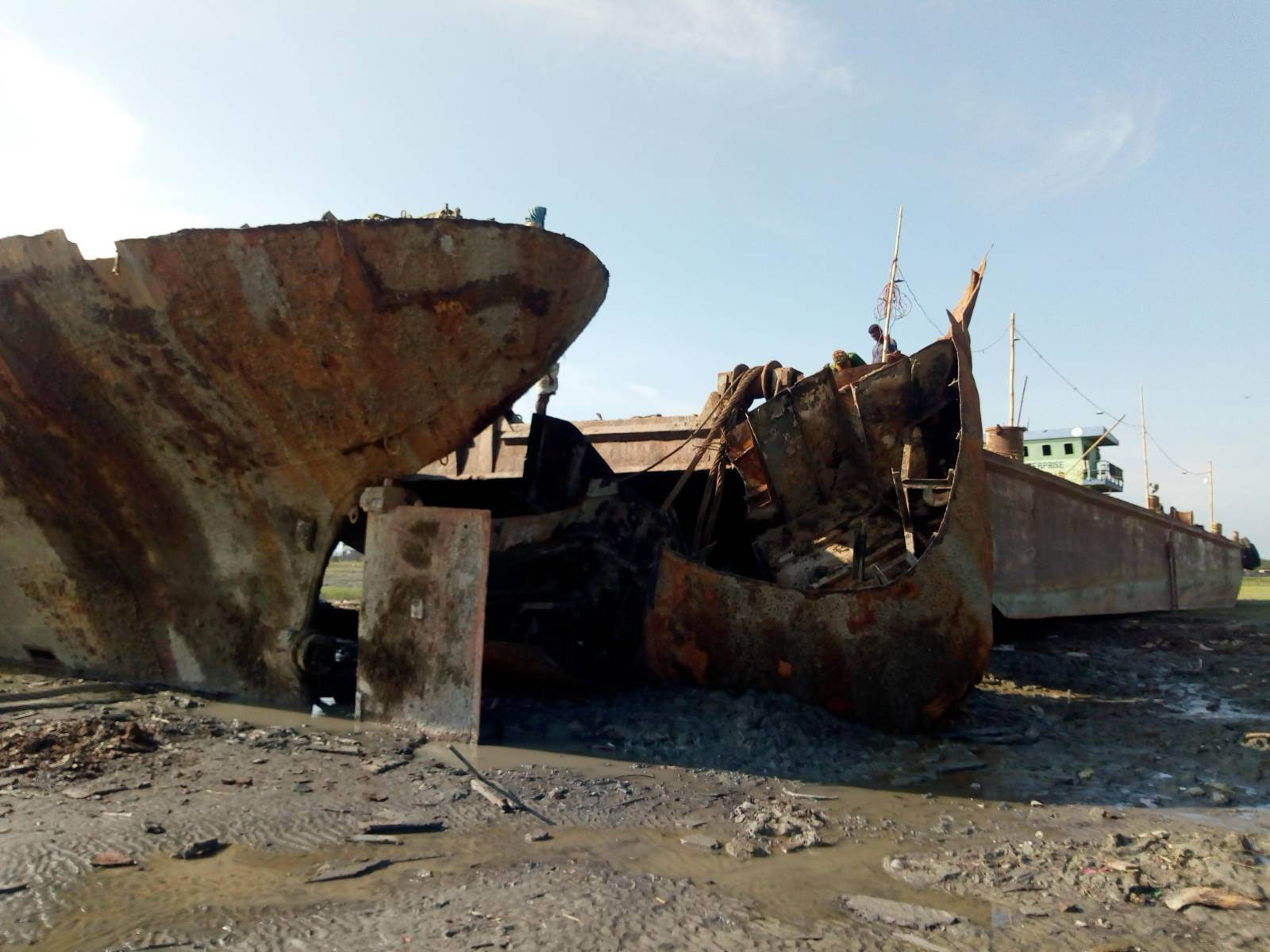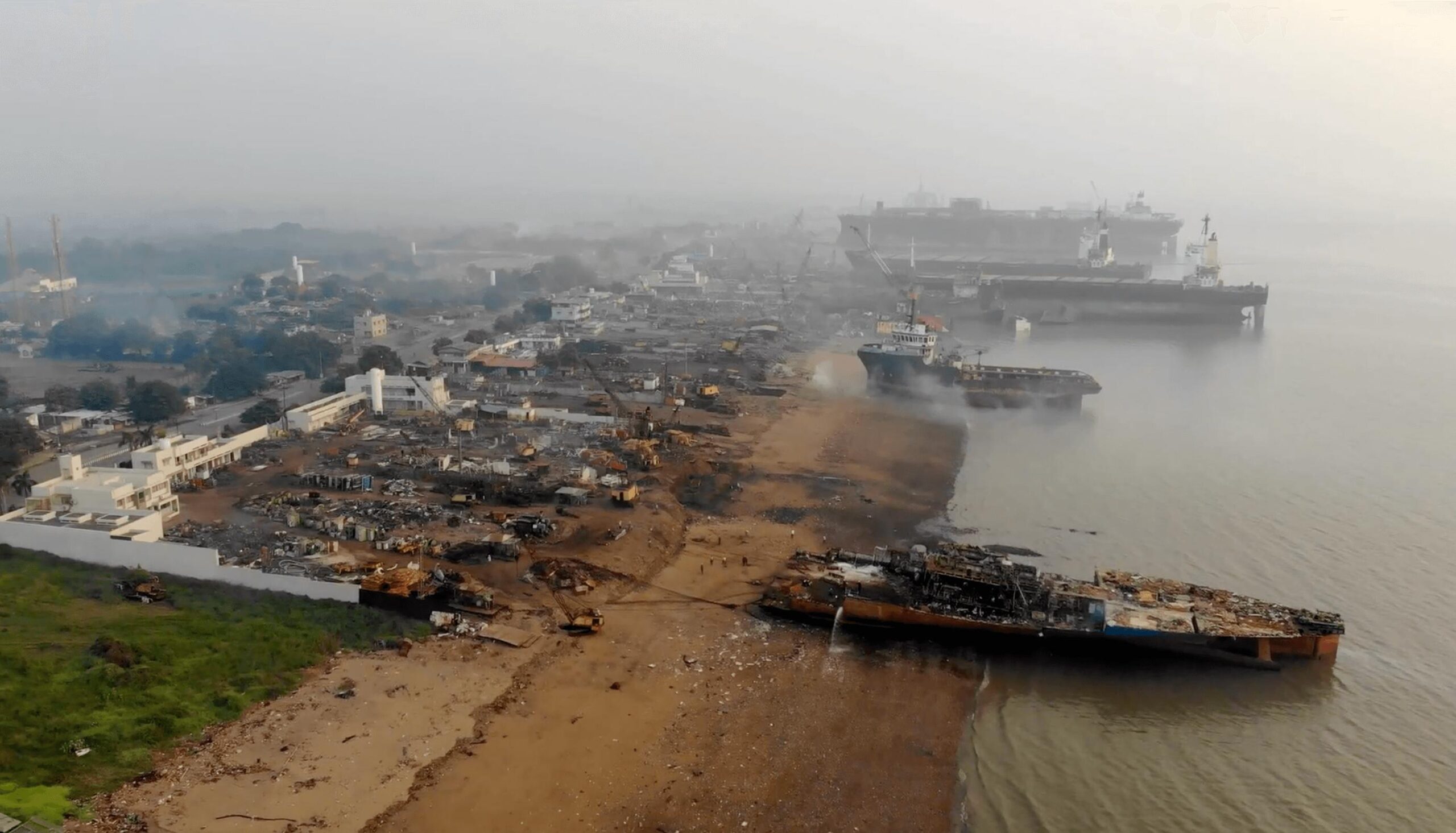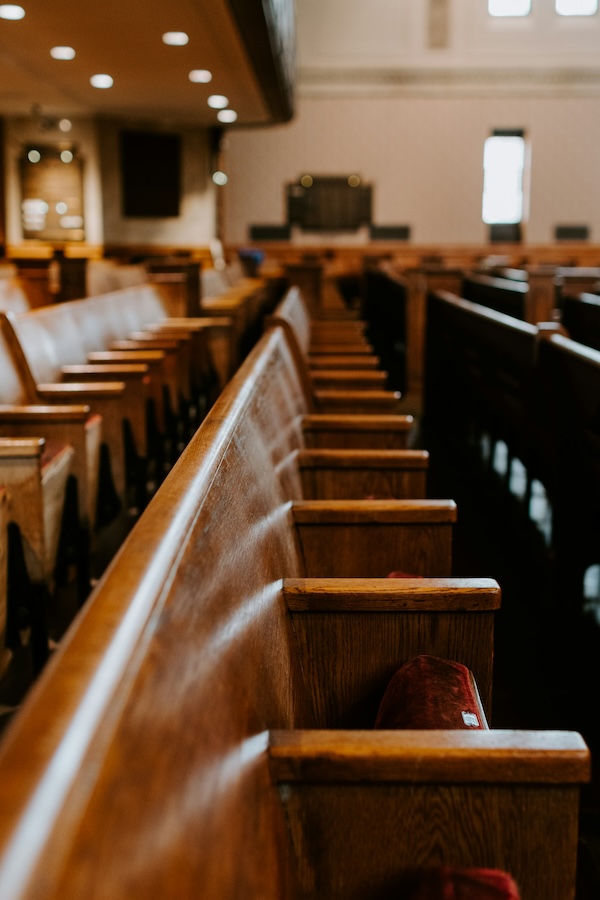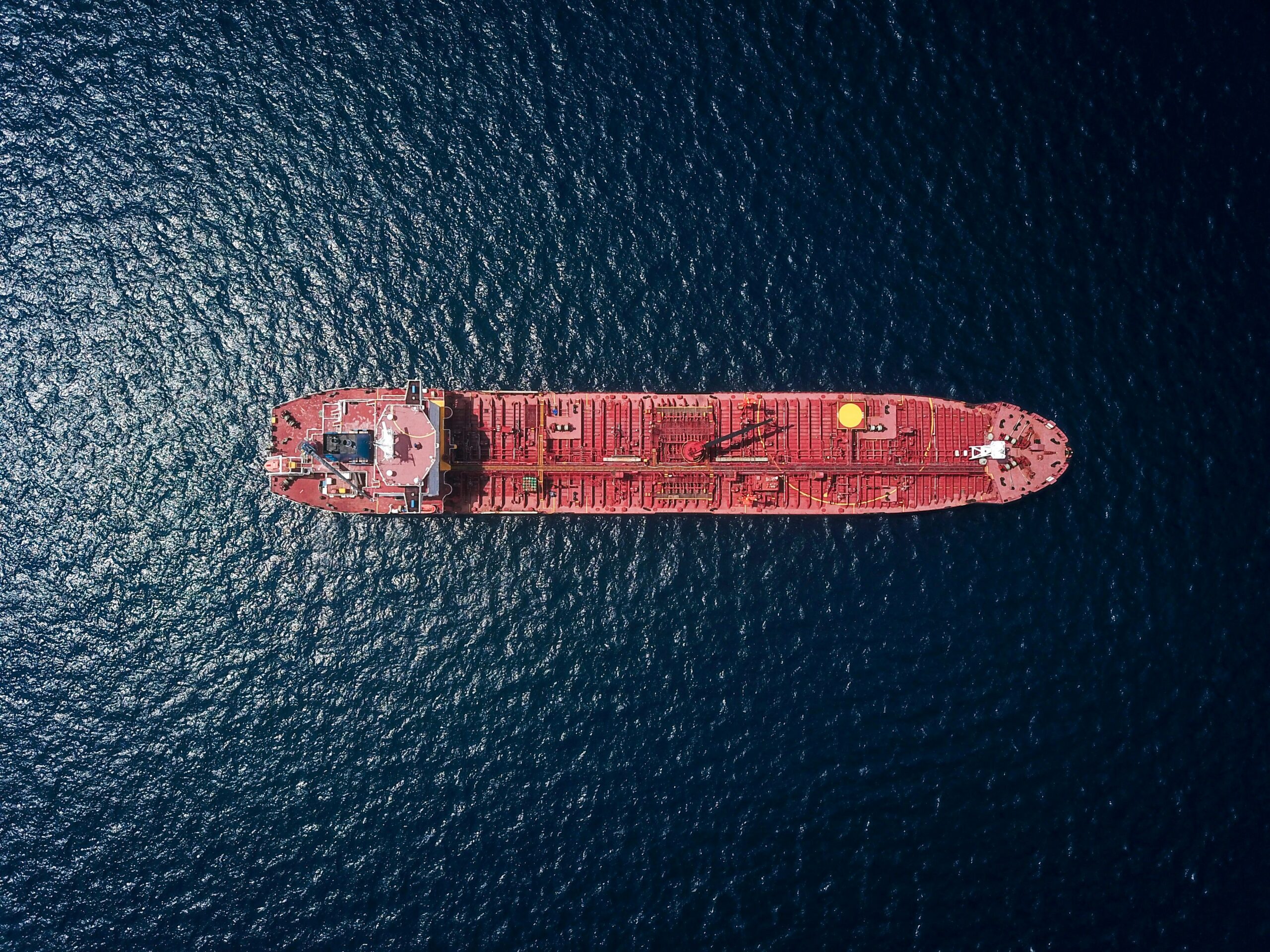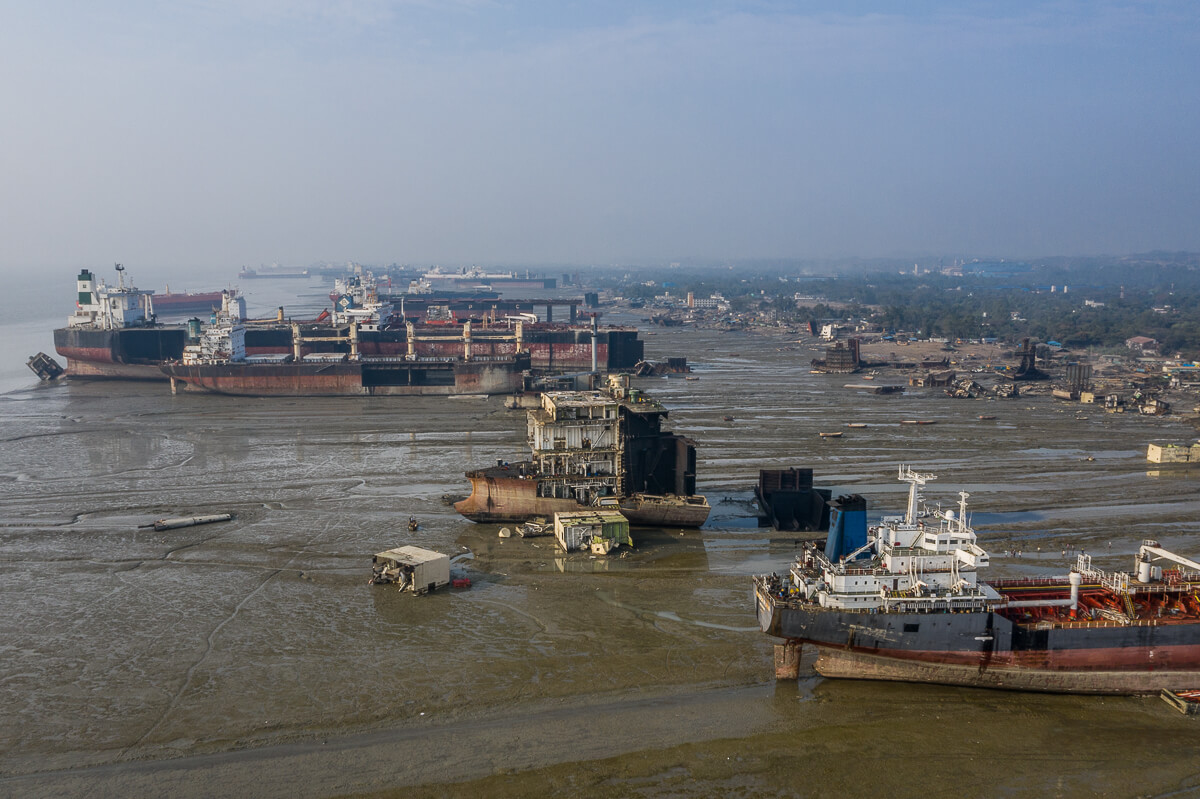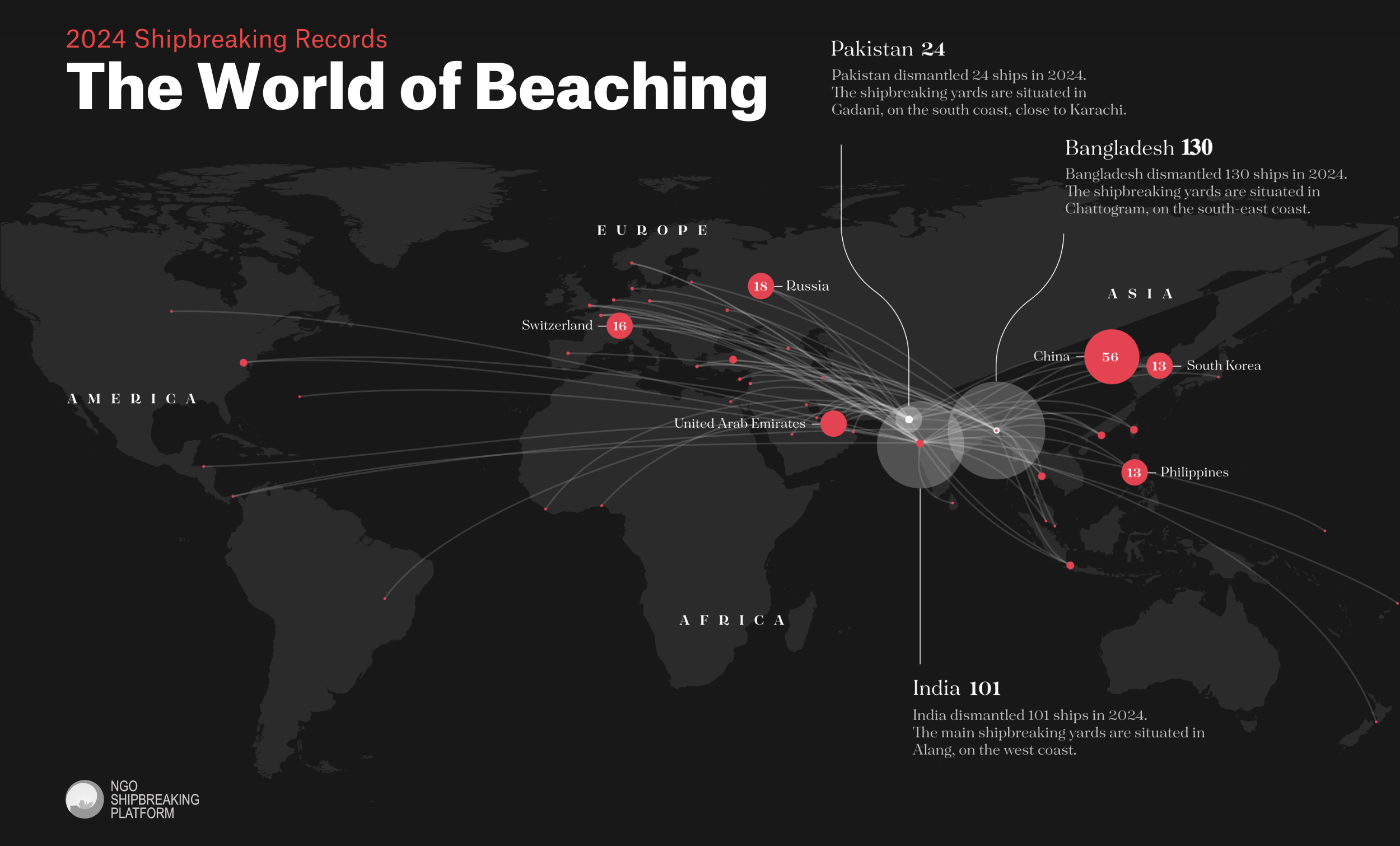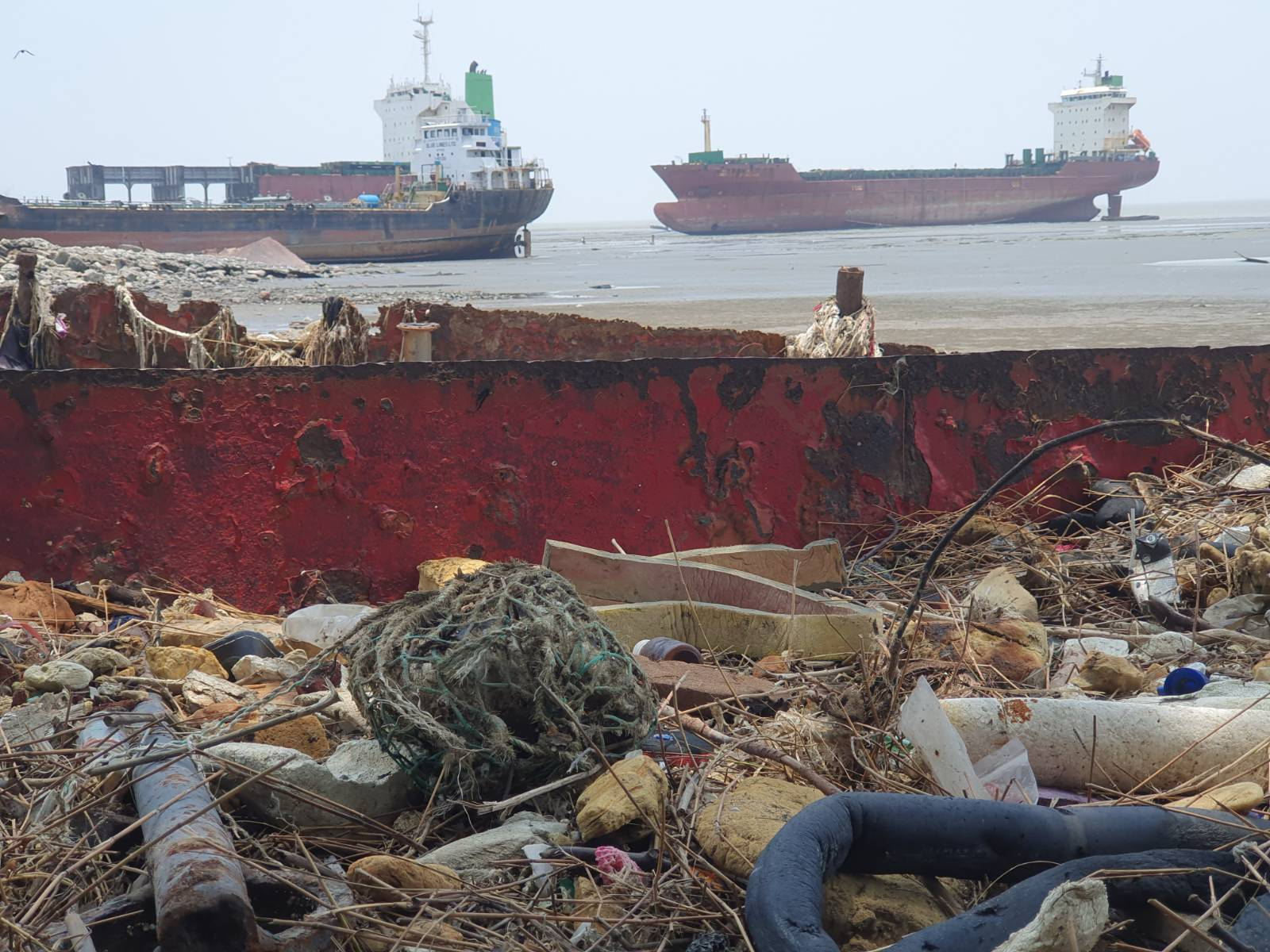A victory for residents and environmental protection
The NGO Shipbreaking Platform celebrates British Columbia’s decision to cancel the Crown land lease held by Deep Water Recovery Ltd. (DWR) in Union Bay, effectively halting years of unsafe shipbreaking along the Baynes Sound shoreline.
The cancellation follows consistent advocacy from local residents, the K’ómoks First Nation, and environmental groups, who raised alarms over DWR’s dismantling of vessels containing asbestos and other hazardous substances without proper permits or oversight.
Josie Osborne, MLA for Mid‑Island‑Pacific Rim, underscored the importance of ensuring ship recycling is conducted lawfully and safely. On social media, she added, "I deeply appreciate all the advocacy, letters, and meetings with local residents, organisations and leaders since 2021," and expressed gratitude to provincial ministers and staff for their steady attention to the issue. The province’s statement emphasised that DWR "has not demonstrated the level of regulatory compliance, operational responsibility, or environmental stewardship required" to justify use of Crown land for dismantling vessels, adding that the lease was revoked to protect the public interest.

The determination of Union Bay residents, support from Indigenous leaders, and the province’s eventual intervention have transformed a local fight into a broader precedent in the global movement for responsible ship recycling. Yet, the work isn’t done. Derelict vessels and industrial debris remain on the shoreline, and cleanup must proceed swiftly under government oversight. The Platform stands with community members in calling for transparent and comprehensive remediation.
This case also highlights Canada’s glaring regulatory gap in ship recycling. Without federal legislation, hazardous dismantling might continue unchecked.


